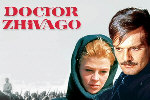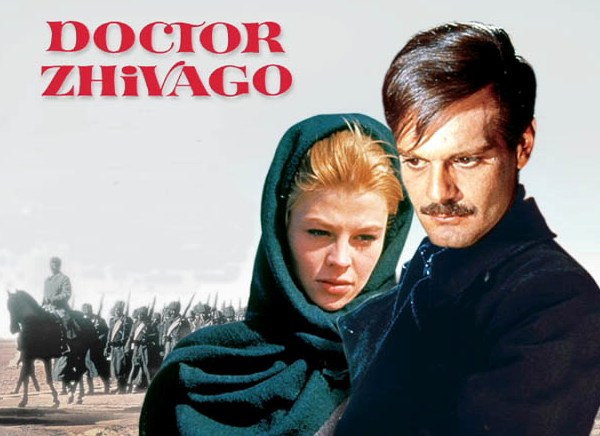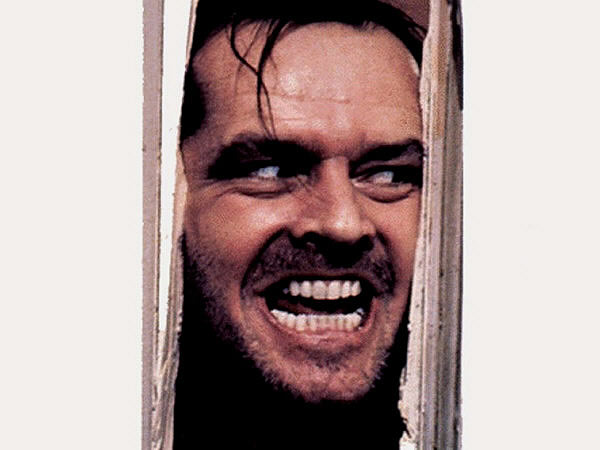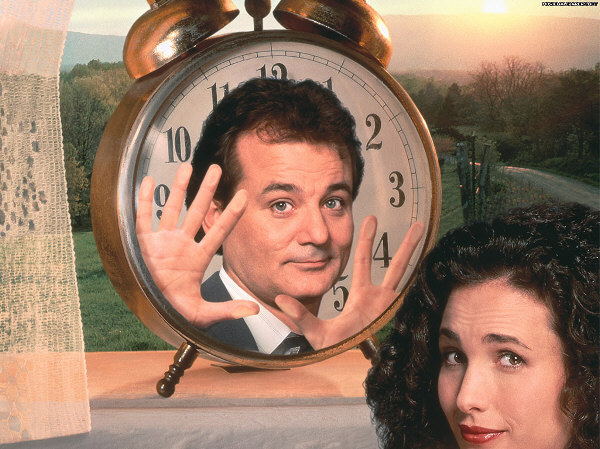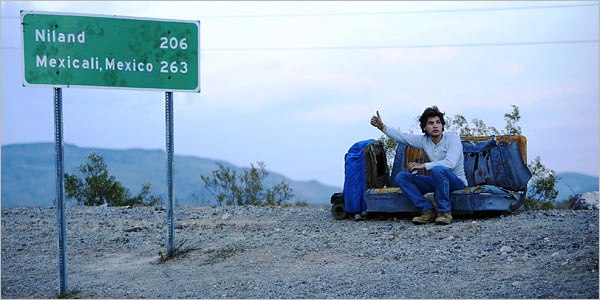The Glitterati: The Gold Rush (1925)
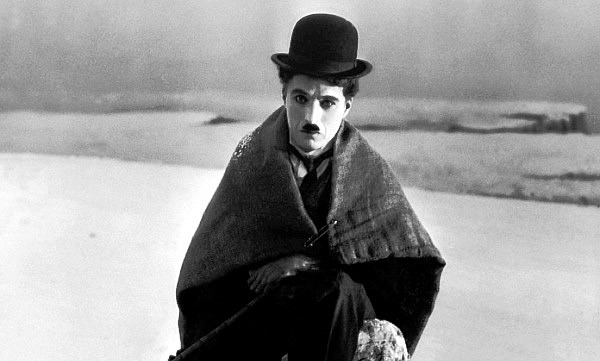
Photo from Dr. Macro’s High Quality Movie Scans
The film for which Chaplin himself wanted to be remembered takes a different view on Alaskan travel. Chris McCandless he is not.
The Little Tramp’s headlong dive into the Klondike, originally fueled by the quest for gold, makes for some of silent film’s greatest slapstick—including bears, blizzards, and the dainty consumption of a shoe.
In its Chaplin Collection release, you can catch both the original silent version and the widely-popular re-release with Chaplin’s own voiceover, a treat in its own right.
Brunette beauty Georgia Hale, playing Chaplin’s love interest, reminds us (in apt economic times) of what is worth most in this world, however, and she emerges as the true gold of the film.
If Gold gives you a rush, run for Glenn Miller’s swinging Sun Valley Serenade (1941).
